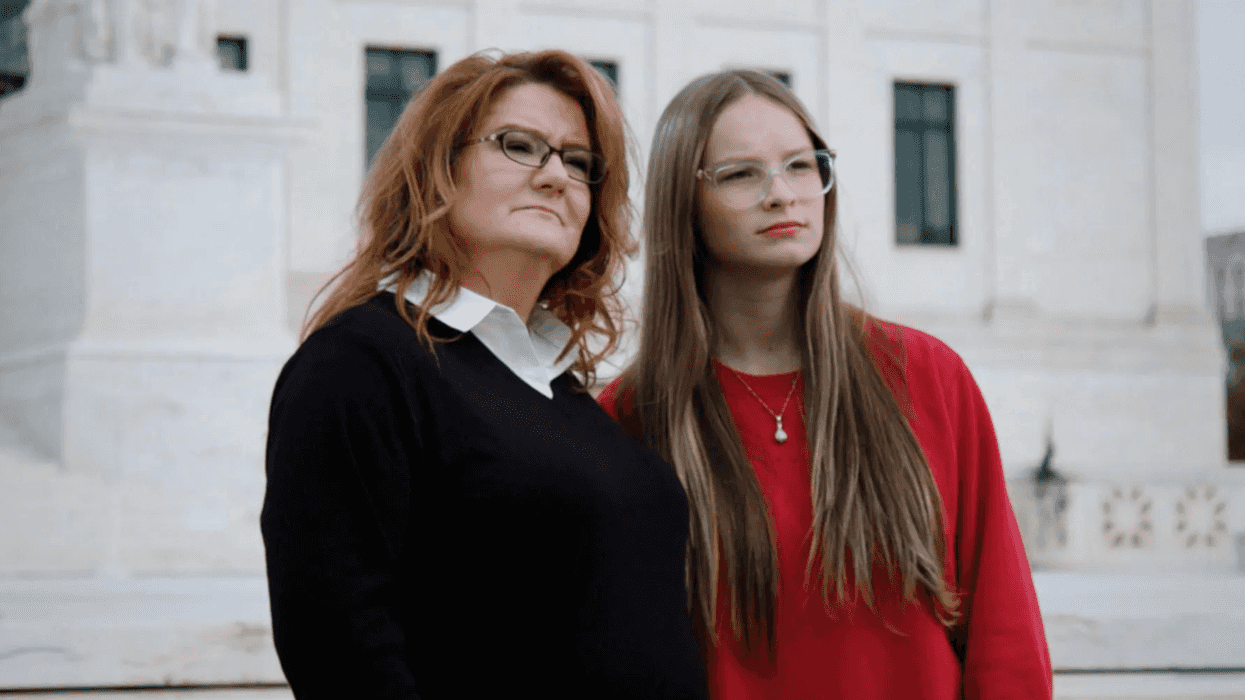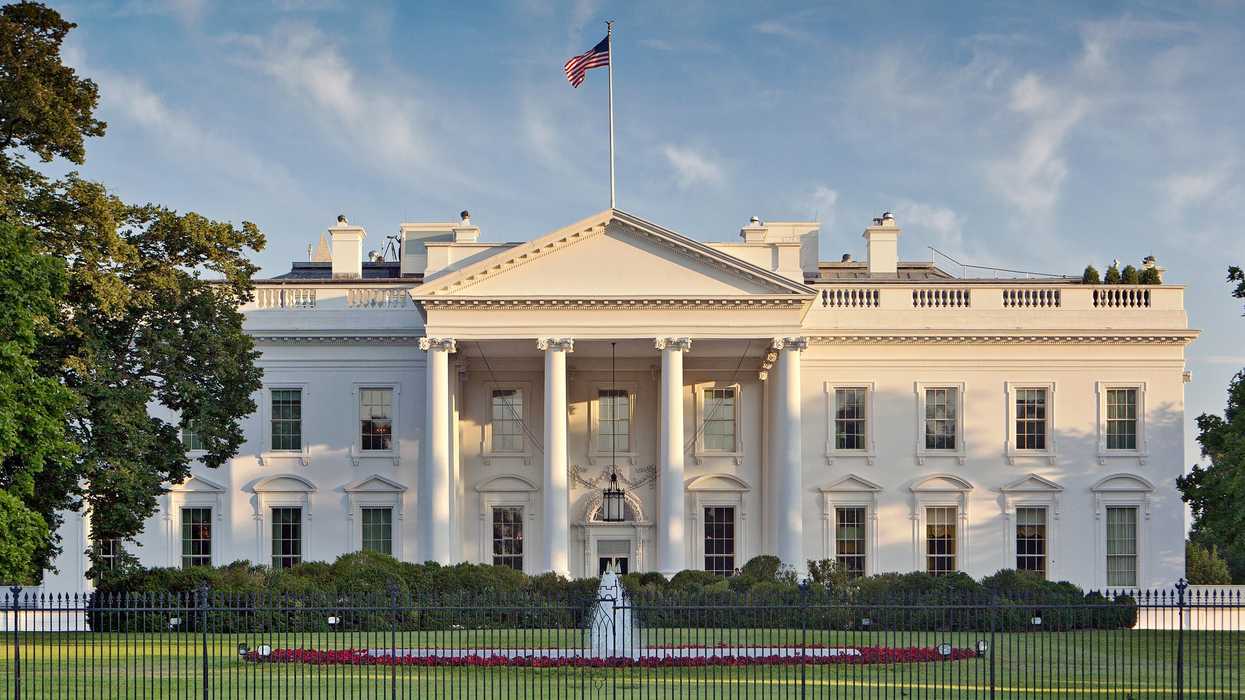As of May 1 – 101 days into the Trump 2.0 administration – the highly credible Bloomberg News reported over 328 lawsuits have been filed against Mr. Trump’s executive orders, proclamations, and policy decisions and Cabinet members’ actions. On May 13, Fox News gave cameo details on 208 of the lawsuits; virtually all lawsuits are individually cited in a recent Litigation Tracker report, published by Just Security of the Reiss Center on Law and Security at the New York University School of Law.
The 47th president leads the pack with over 75 lawsuits filed against him, followed by at least 39 cases challenging unelected Elon Musk and his non-Congressional approved Department of Government Efficiency (DOGE). More than 40 other lawsuits over funding cuts and agency firings also mention DOGE.
Just Security notes that 21 lawsuits have been filed against the U.S. Attorney General Pam Bondi’s Department of Justice and 12 lawsuits reveal Linda McMahon’s Department of Education as the litigant. Legal challenges have been placed against each of the 21 Cabinet members’ respective endeavors. This news, in and of itself, lays bare the fact that the majority of our 100 Senators failed to do their due diligence in approving Mr. Trump’s nominees for Cabinet positions.
The volume of legal battles poses significant long-term risks to American democracy, let alone the cost to Americans like you and me who will have to pay attorney fees to defend Donald J. Trump, Cabinet members, and other officials’ actions.
On May 13, I asked three people elected to represent me (i.e., Iowans’ Sen. Chuck Grassley, Sen. Joni Ernst, and Rep. Ashley Hinson) to provide an “approximate cost that Americans will have to pay legal counsel to defend Trump 2.0’s 328 lawsuits filed to date.” No reply has been received from any of my elected delegates. So, there goes accountability by Congress to the electorate and representation by, for, and of the people, a core principle of a representative democracy.
You might like to know the average hourly rate for lawyers in the U.S. is $341 and a mere $462/hour for attorneys at law in Washington, D.C. (Clio Report, 2024).
A Perplexity AI research-based inquiry noted—as compared to more recent presidents like Richard Nixon, Gerald Ford, Jimmy Carter, Ronald Reagan, George H.W. Bush, Bill Clinton, George W. Bush, Barack Obama, and Joe Biden—“The Trump 2.0 administration has faced an unprecedented volume of litigation.”
Lawsuits are not novel to Mr. Trump. According to a comprehensive review by USA Today, published nine years ago (July 7, 2016), Donald Trump has been involved in at least 4,095 lawsuits where he was the defendant. These include a wide range of civil and criminal cases, relating to business disputes, defamation, political campaigns, casinos, taxes, golf clubs, real estate, government investigations, and sexual abuse. And, Mr. Trump has filed a documented minimum of 1,600 lawsuits against other individuals and organizations. In summation, Donald John Trump has encountered at least 5,695 lawsuits in his lifetime.
Besides the cost of Trump 2.0-related lawsuits that you and I — one way or another — will pay for, the long-term risks to American democracy seem unending, and they include:
1. The Brookings Institution independent research group noted that if the Trump administration disregards court rulings and/or pressures the Department of Justice and/or Supreme Court to act politically, America’s revered checks and balances will be eroded along with our 250-year understanding of what democracy represents.
2. If Donald Trump and the Trump administration disobey a Supreme Court order, the following legal consequences are possible: civil contempt of court, criminal contempt of court, monetary fines, imprisonment, constitutional crisis, and impeachment as the president is constitutionally required to ensure the faithful execution of the laws.
3. Congress’s failure to counter funding freezes or unconstitutional orders is already destabilizing the separation of powers for now and future presidencies, ushering in — with their non-action — an authoritarian, dictatorship, and fascist-oriented country. Our do-nothing 119th Congress (Jan. 2025-Jan. 2027) is a disgrace!
4. A Harvard Law Review article claims lawsuits challenging voting rights will exacerbate public distrust in the electoral system, discouraging voter participation.
5. The Emory Law Journal reports that litigation used as a political strategy could deepen partisan division and stall critical legislative reforms.
6. The Brookings Institution, along with the Campaign Legal Center, cites that executive abuses will test our 535 elected delegates to the U.S. Capitol to see if they will or will not strengthen anti-corruption laws like closing Citizens United loopholes, protecting the 74 statutory and independent Inspector Generals, and clarifying judicial enforcement mechanisms.
The cost of defending Trump 2.0’s 328 lawsuits is unknown, but the long-term risks to democracy are frightening. The future of democracy to withstand the legal perils brought about by Mr. Trump and his Cabinet appointees lies in the hands of 100 Senators, 435 Representatives, 74 Inspector Generals, 94 U.S. District Courts, the Court of International Trade, the Supreme Court, and, most importantly … you and me.
Steve Corbin is a Professor Emeritus of Marketing, University of Northern Iowa and a non-paid freelance opinion editor and guest columnist contributor to 246 news agencies and 48 social media platforms in 45 states.




















